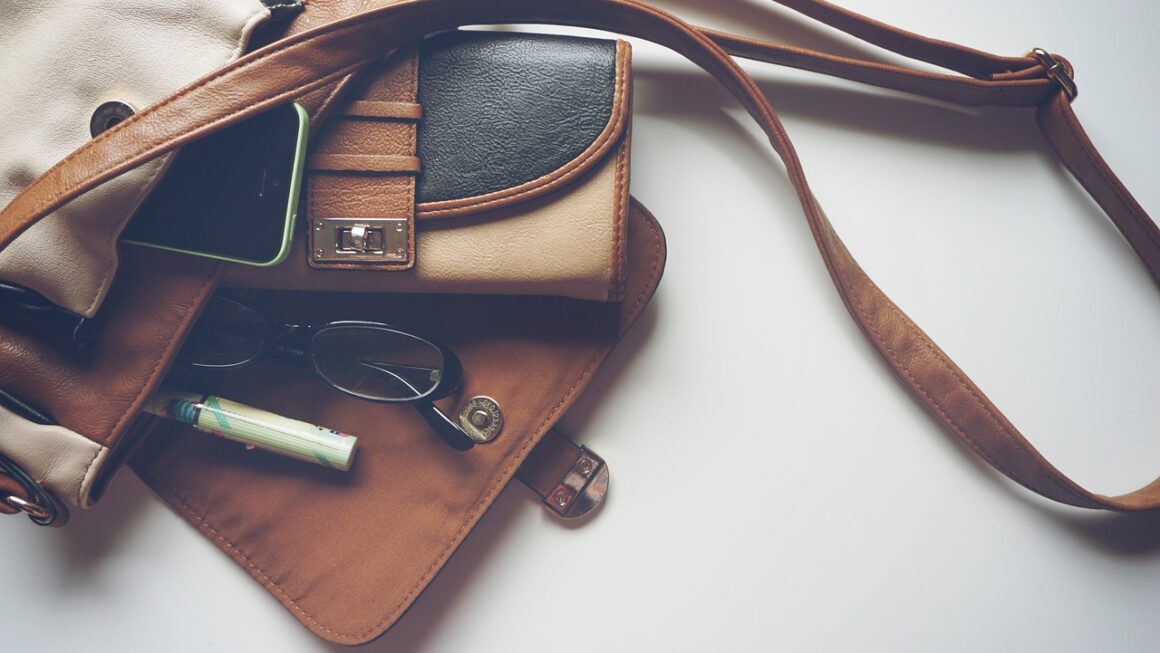Healthy relationship habits are the bedrock of any thriving partnership. They’re the small, consistent actions that, over time, build trust, intimacy, and a strong foundation to weather life’s inevitable storms. From effective communication to prioritizing quality time, cultivating these habits is an ongoing process, not a one-time fix. This article explores key relationship habits that can foster a fulfilling and long-lasting connection with your partner.
The Power of Effective Communication
Active Listening: More Than Just Hearing
Active listening goes beyond simply hearing the words your partner says. It involves paying attention, understanding their perspective, and responding thoughtfully. This means putting down your phone, making eye contact, and genuinely trying to understand what they’re communicating – both verbally and nonverbally.
- Example: Instead of interrupting your partner when they’re expressing frustration about work, try summarizing what they’ve said to confirm your understanding. “So, it sounds like you’re feeling overwhelmed by the new project deadline. Is that right?”
Open and Honest Expression
Creating a safe space where both partners feel comfortable expressing their thoughts and feelings is crucial. This involves sharing your needs, desires, and concerns honestly and respectfully, even when it’s difficult.
- Tip: Use “I” statements to express your feelings without blaming your partner. For example, instead of saying “You never listen to me,” try “I feel unheard when I’m interrupted.”
Conflict Resolution Skills
Disagreements are inevitable in any relationship. The key is to develop healthy conflict resolution skills that allow you to navigate these challenges constructively.
- Practical Example: When arguing, focus on the issue at hand, avoid personal attacks, and be willing to compromise. Take breaks if things get too heated and revisit the conversation when you’re both calmer. Aim for a resolution, not “winning” the argument. Studies show that couples who argue constructively are more likely to stay together.
Nurturing Intimacy and Connection
Prioritizing Quality Time Together
In today’s busy world, it’s easy to let quality time with your partner fall by the wayside. Make a conscious effort to schedule dedicated time together, free from distractions, to reconnect and strengthen your bond.
- Ideas:
Plan a regular date night, even if it’s just staying in and cooking dinner together.
Take a weekend getaway to explore a new city or enjoy nature.
Engage in shared hobbies or activities that you both enjoy.
Unplug from technology and simply talk and listen to each other.
Physical Affection and Intimacy
Physical touch is a powerful way to express love and connection. Hold hands, cuddle, kiss, and engage in other forms of physical affection regularly.
- Important Note: Be mindful of your partner’s needs and preferences regarding physical touch. Communication is key to ensuring that both partners feel comfortable and respected.
Expressing Appreciation and Gratitude
Small gestures of appreciation can go a long way in nurturing intimacy. Regularly express your gratitude for your partner’s contributions and qualities.
- Example: Leave a thoughtful note, offer a sincere compliment, or simply say “thank you” for something they’ve done. Recognizing and appreciating your partner’s efforts fosters a sense of value and strengthens your bond.
Maintaining Individual Identity
Supporting Each Other’s Growth
A healthy relationship allows each partner to maintain their individual identity and pursue their personal goals and passions. Support your partner’s growth by encouraging their hobbies, career aspirations, and personal development.
- Example: If your partner is taking a class or pursuing a new hobby, offer encouragement and support. Attend their performances or exhibitions, and show genuine interest in their progress.
Respecting Personal Space and Boundaries
While closeness is important, it’s equally important to respect each other’s need for personal space and boundaries. Allow your partner time to pursue their own interests and spend time with friends and family.
- Tip: Communicate openly about your needs for personal space and boundaries. Establishing clear boundaries can prevent resentment and foster a sense of autonomy within the relationship.
Fostering Individual Well-being
Remember that you can only bring your best self to the relationship if you prioritize your own well-being. Encourage each other to practice self-care activities such as exercise, mindfulness, and hobbies that promote mental and emotional health.
Cultivating Trust and Respect
Honesty and Transparency
Trust is the foundation of any strong relationship. Be honest and transparent with your partner about your thoughts, feelings, and actions.
- Example: Avoid keeping secrets or withholding information from your partner. Being open and honest builds trust and strengthens your connection.
Keeping Commitments and Promises
Follow through on your commitments and promises, both big and small. This demonstrates that you value your partner and respect their feelings.
- Tip: If you’re unable to keep a commitment, communicate this to your partner as soon as possible and explain why. Offering a sincere apology and making amends can help to rebuild trust.
Showing Respect in Words and Actions
Treat your partner with respect in your words and actions, even during disagreements. Avoid name-calling, insults, or other forms of disrespectful behavior.
- Important Note: Respect extends to all aspects of the relationship, including your partner’s opinions, values, and beliefs. Even when you disagree, strive to communicate respectfully and find common ground.
Conclusion
Developing healthy relationship habits takes time, effort, and a willingness to learn and grow together. By focusing on effective communication, nurturing intimacy, maintaining individual identity, and cultivating trust and respect, you can create a strong and fulfilling relationship that stands the test of time. Remember that consistency is key; these habits are not one-time fixes but rather ongoing practices that require continuous attention and effort. Investing in your relationship in this way is an investment in your happiness and well-being.




